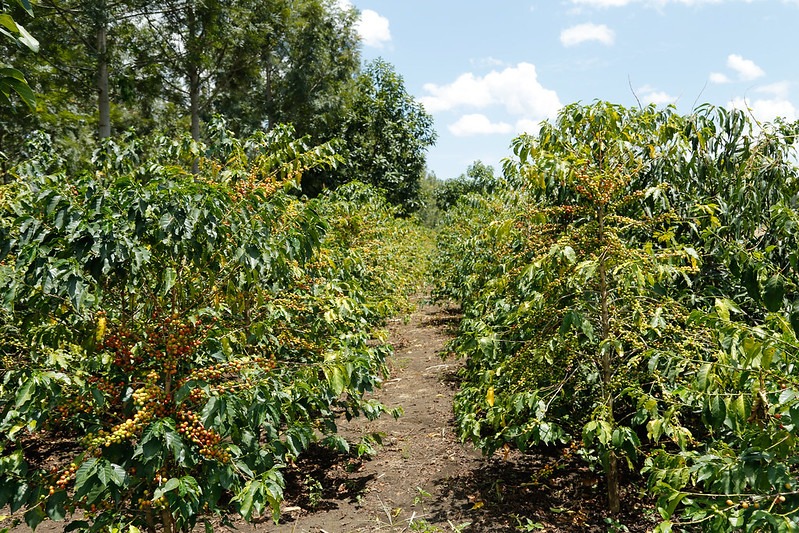
As a multifunctional approach, agroforestry connects the need for profitable livelihoods, quality of human lives and healthy ecosystems. It contributes to many sustainable development goals as diverse as poverty reduction, biodiversity conservation, sustainable land management, gender equality, health, access to clean water and sustainable energy solutions. By its production of multiple resources on a given unit of land and its promotion of ecosystem diversity, agroforestry represents a promising path for the critical transition to healthy agroecosystems and sustainable development. However, the implementation of agroforestry practices faces many challenges related to the use of local knowledge, farmers’ participation, availability of appropriate technologies, research, education and training, among others. This session aims to find ways for agroforestry to help transitioning to a viable development.
CIFOR-ICRAF speaker
Presentations
Agroforestry in Madagascar: Past, Present, and Future
R. Ntsiva N. Andriatsitohaina, Mention Foresterie et Environnement, Ecole Supérieure des Sciences Agronomiques, Université d’Antananarivo, Madagascar
Climate information services in the agrosylvopastoral sector of the North Region of Cameroon: a review of institutional arrangement and its implication on rural livelihoods resilience needs
Ursula Hillary TUMAMO DJUIDJA, Bayero University Kano, Nigeria
Agroforestry data visualisation and engagement processes that can enhance integration for policy related decision making in Kenya
Mieke Bourne, CIFOR-ICRAF, Kenya
Because it makes sense for us – examining farmer perspectives on the potential to scale up agroforestry in the New York dairy sector
Kristen Jovanelly, Darmouth College, United States














